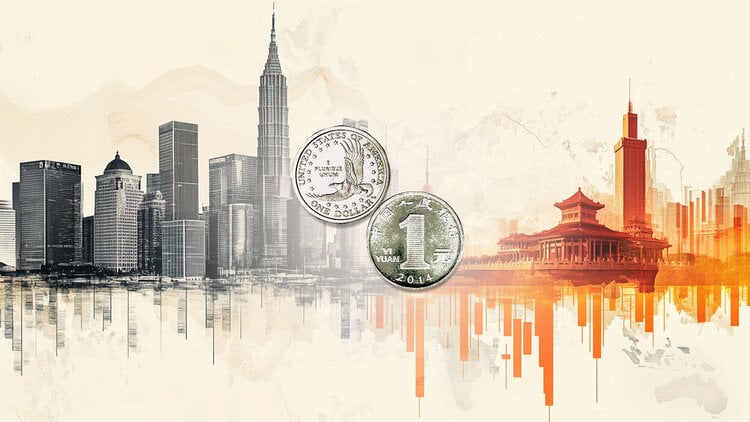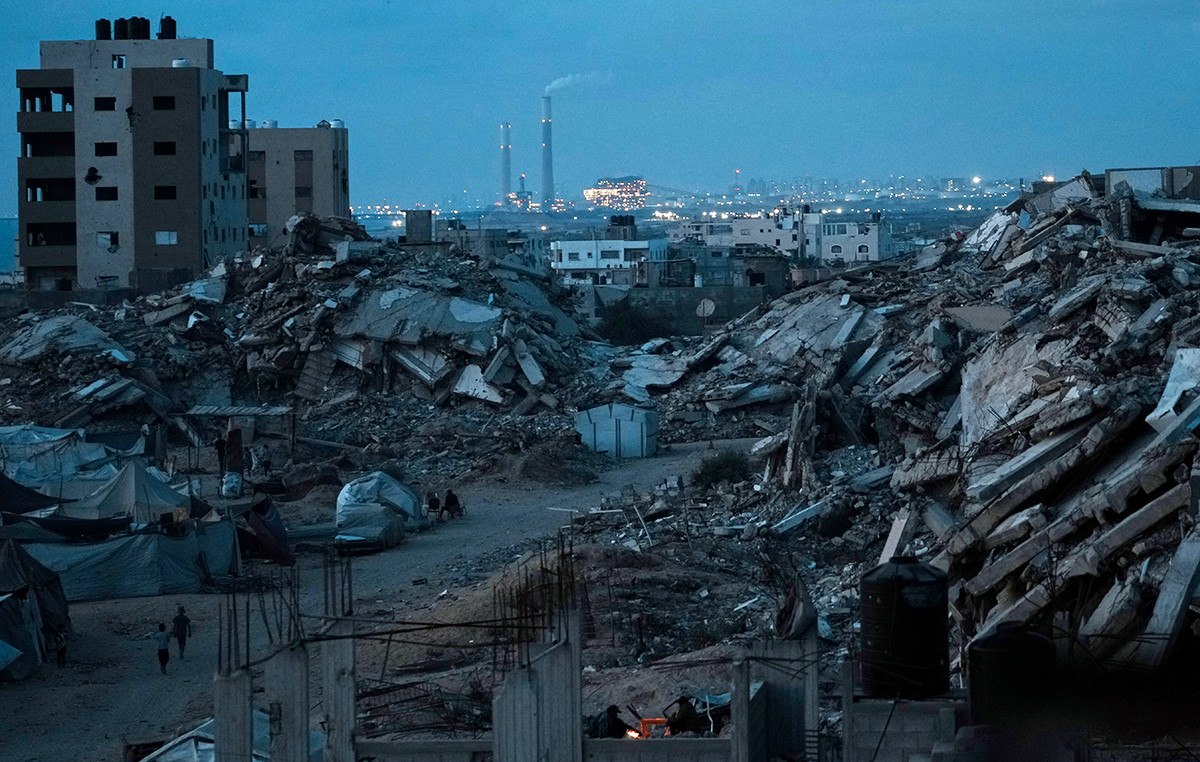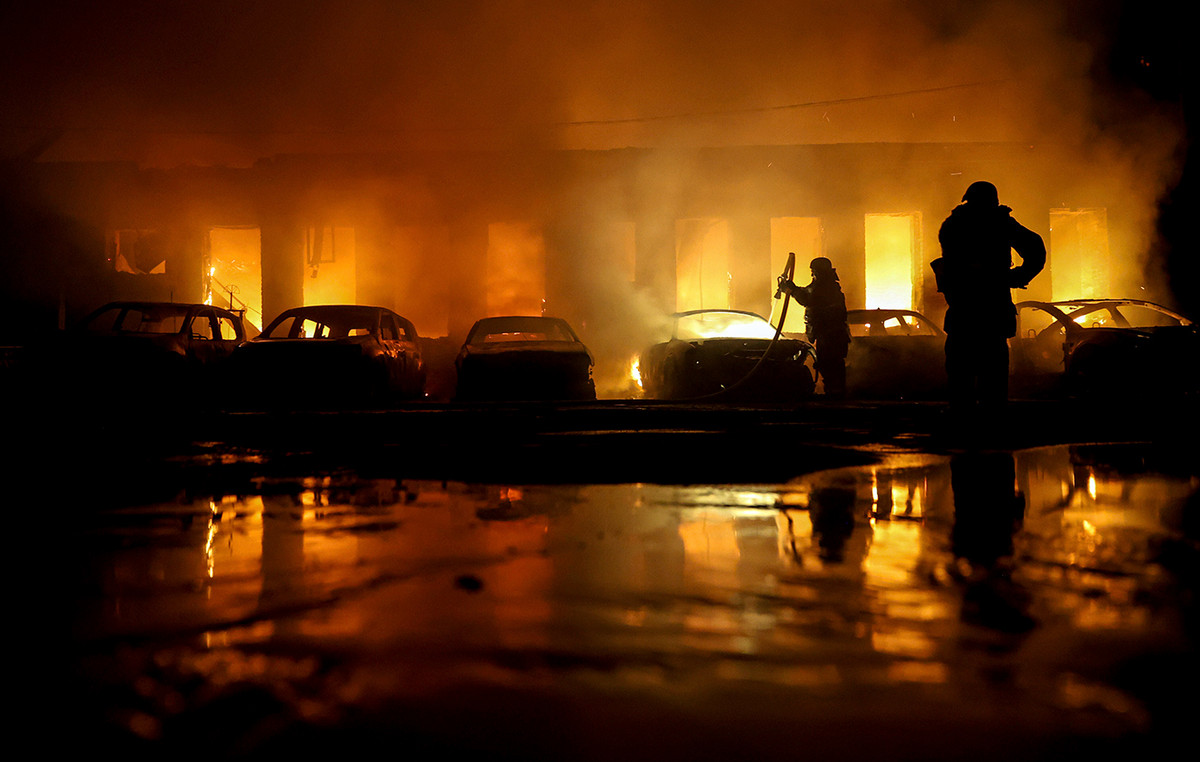Aid groups mobilized on Thursday to reach victims of a powerful earthquake that shook eastern Afghanistan, killing more than 1,000 people in an area ravaged by poor infrastructure as the country grapples with dire economic and famine crises. .
The slow response, exacerbated by international sanctions and decades of mismanagement, concerns people working in the humanitarian space, such as Obaidullah Baheer, a professor of Transitional Justice at the American University of Afghanistan.
“This is a stopgap solution to a problem that we need to start thinking about (about) in the medium and long term… what do we do when (another disaster) happens?” he told the CNN by phone.
The 5.9 magnitude earthquake on the Richter scale struck during the early hours of Wednesday near the Pakistani border town of Khost and the death toll is expected to rise as many of the homes in the area are made of wood, mud and other materials vulnerable to damage.
Aid agencies are converging on the area, but it could take days for aid to reach the affected regions, which are among the most remote in the country.
The teams sent by the International Committee of the Red Cross (ICRC) have not yet arrived, according to Anita Dullard, an ICRC spokesperson in the region. Shelley Thakral, spokesperson for the UN World Food Program in Kabul, said efforts to bring aid to affected areas were being slowed down by road conditions.
“The challenges we are facing, first of all, are geographical and logistical, because the area is very remote and mountainous. Yesterday we had a lot of rain here and the combination of the rain and the earthquake can lead to landslides in some areas, making roads difficult to get through,” UNICEF Afghanistan Communications Chief Sam Mort told CNN .
As doctors and emergency workers from across the country try to access the site, help is expected to be limited as several organizations withdrew from the country when the Taliban took power in August last year.
Those that remain are few and far between. On Wednesday, the World Health Organization (WHO) said it had mobilized “all resources” in the country, with teams in the field providing medicine and emergency support. But, as one WHO official said, “resources are stretched, not just for this region.”
“Very gloomy”
The international community’s hesitancy in dealing with the Taliban and the group’s “confused bureaucracy where it is difficult to get information from a single source” has led to a miscommunication in rescue efforts, said Baheer, who is also the founder of the Taliban. help group “Save Afghans from Hunger”.
“At the heart of it all is how politics has translated into this communication gap, not just between countries and the Taliban, but also international aid organizations and the group,” he added.
Baheer gives an example of how it has acted as a conduit for information with WFP and other aid organizations, noting that the Afghan Ministry of Defense was providing airlift aid from humanitarian organizations to severely affected areas.
Meanwhile, some people spent the night in makeshift shelters outdoors as rescuers searched for survivors with flashlights. The United Nations says 2,000 homes were destroyed. Images from Paktika province, where most of the deaths were reported, show houses reduced to dust and rubble.

Hsiao-Wei Lee, WFP’s deputy director in Afghanistan, described the situation on the ground as “very grim”, where some villages in heavily affected districts “are completely decimated”, she said.
“There will be months and potentially years of rebuilding,” Lee said. “The needs are much greater than just food… It could be a shelter, for example, to be able to facilitate the movement of this food, as well as customs clearance, the logistics would be useful.”
Officials say aid is reaching the affected areas. The government has so far distributed food, tents, clothing and other supplies to the quake-hit provinces, according to the Afghan Defense Ministry.
Medical and relief teams sent by the Afghan government are already present in the quake-hit areas and are trying to transport the injured to medical facilities and health centers by land and air, the ministry added.
Impact of sanctions
Although the economic crisis in Afghanistan has been looming for years as a result of conflict and drought, it has plummeted to new depths after the Taliban takeover, which prompted the United States and its allies to freeze some $7 billion of the country’s foreign reserves and cut off international funding.
The US no longer has a presence in Afghanistan following the hasty withdrawal of its troops and the collapse of the previous US-backed Afghan government. Many nations do not have official relations with the Taliban government.
The sanctions have crippled the Afghan economy and sent many of its 20 million people into a severe famine. Millions of Afghans are unemployed, government workers are not getting paid and the price of food has soared.
Humanitarian aid is excluded from the sanctions, but there are impediments, according to Martin Griffiths, head of the United Nations Office for the Coordination of Humanitarian Affairs, who heads a UN Security Council on the situation in Afghanistan.
This includes a great need for funding, the Taliban authorities “seeking to play a role in selecting beneficiaries and channeling assistance to people on their own priority lists”, and the “formal banking system continues to block transfers”, writes Griffiths.

This means that “many organizations are experiencing delays in transferring funds, reporting that international banks continue to deny transactions, and the lack of available cash in the country is a programmatic impediment.”
Baheer says the sanctions “are hurting us so much” that Afghans are struggling to send money to families affected by the earthquake. “The fact that we barely have a banking system, that we haven’t had new coins printed or brought into the country in the last nine to 10 months, our assets are frozen.”
He added: “The only sanctions that make moral sense are sanctions targeted at specific individuals, rather than sanctioning an entire country and an entire people.”
Although “sanctions have affected much of the country, there is an exemption for humanitarian aid, so we are able to support those most in need,” Unicef’s Mort told UNICEF. CNN .
Experts and officials say the most urgent immediate needs include medical care and transport for the wounded, shelter and supplies for the displaced, food, water and clothing.
The UN has distributed medical supplies and sent mobile health teams to Afghanistan – but has warned it lacks search and rescue capabilities.
Pakistan has offered to help, opening border crossings in its northern province of Khyber Pakhtunkwa and allowing injured Afghans to enter the country without a visa for treatment, according to Mohammad Ali Saif, a spokesman for the regional government.
“400 wounded Afghans entered Pakistan this morning for treatment and the flow of people continues, these numbers are expected to increase,” Saif told CNN .
Source: CNN Brasil
I’m Susan Karen, a professional writer and editor at World Stock Market. I specialize in Entertainment news, writing stories that keep readers informed on all the latest developments in the industry. With over five years of experience in creating engaging content and copywriting for various media outlets, I have grown to become an invaluable asset to any team.







